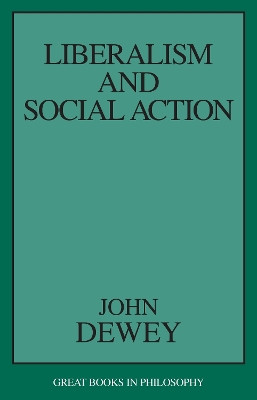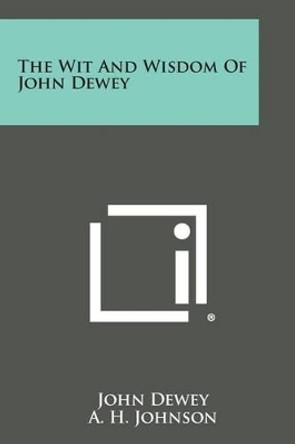When John Dewey died in 1952, he was memorialized as America's most famous philosopher, revered by liberal educators and deplored by conservatives, but universally acknowledged as his country's intellectual voice. Many things conspired to give Dewey an extraordinary intellectual eminence: He was immensely long-lived and immensely prolific; he died in his ninety-third year, and his intellectual productivity hardly slackened until his eighties. Professor Alan Ryan offers new insights into Dewey's many achievements, his character, and the era in which his scholarship had a remarkable impact. He investigates the question of what an American audience wanted from a public philosopher - from an intellectual figure whose credentials came from his academic standing as a philosopher, but whose audience was much wider than an academic one. Ran argues that Dewey's "religious" outlook illuminates his politics much more vividly than it does the politics of religion as ordinarily conceived. He examines how Dewey fit into the American radical tradition, how he was and was not like his transatlantic contemporaries, why he could for so long practice a form of philosophical inquiry that became unfashionable in England after 1914 at the latest.
About the AuthorAlan Ryan, after decades at Princeton University, was warden of New College, University of Oxford, where he was a professor of political theory. He is the author of John Dewey and the High Tide of American Liberalism and Bertrand Russell: A Political Life, among other works. Edwin Burrage Child (b. 1868- d.1937) was an American painter primarily known for landscapes, figure subjects, and portraits.
Book InformationISBN 9780393315509
Author Alan RyanFormat Paperback
Page Count 416
Imprint WW Norton & CoPublisher WW Norton & Co
Weight(grams) 583g
Dimensions(mm) 236mm * 157mm * 25mm









